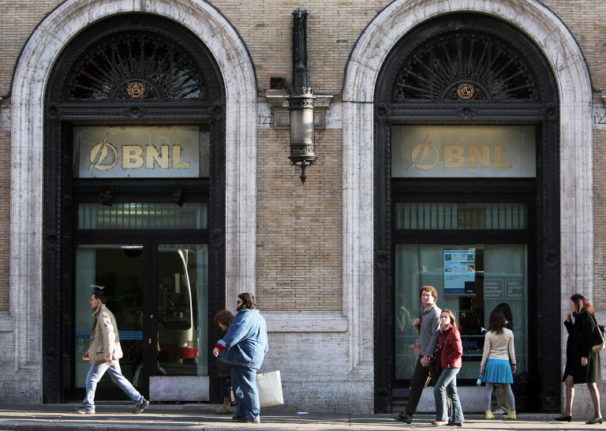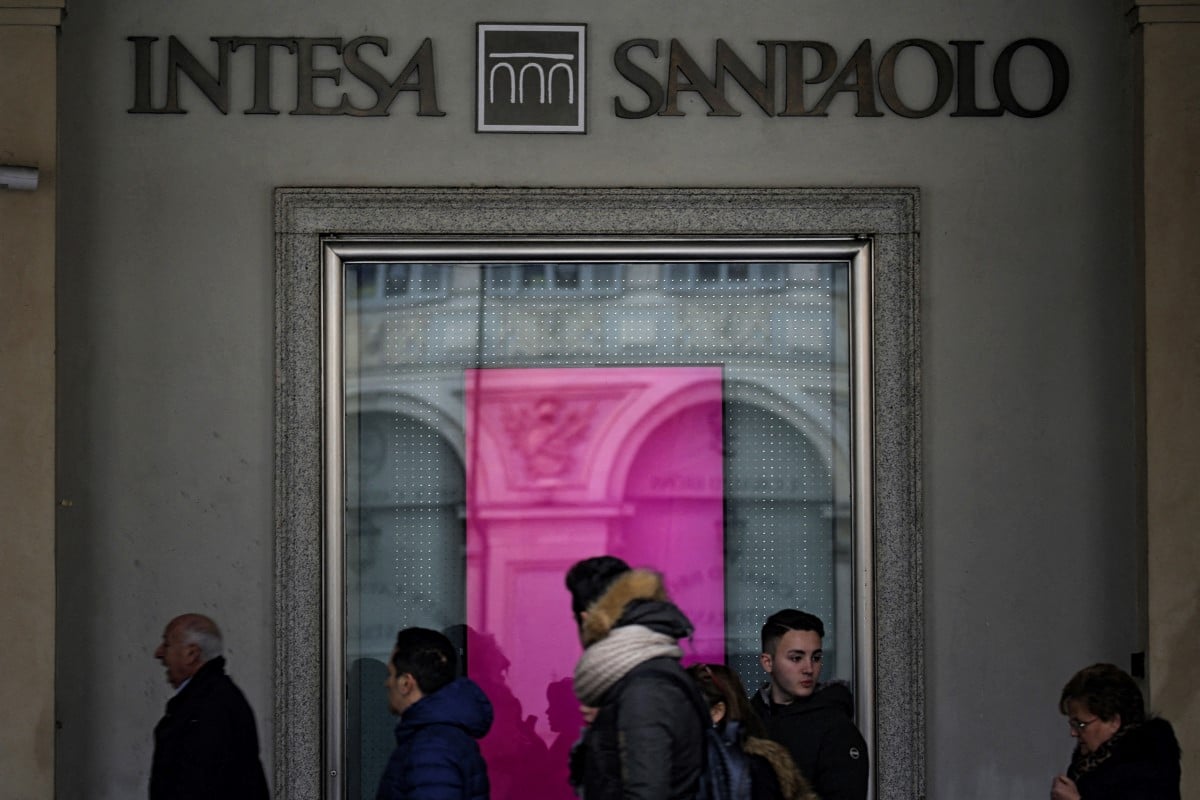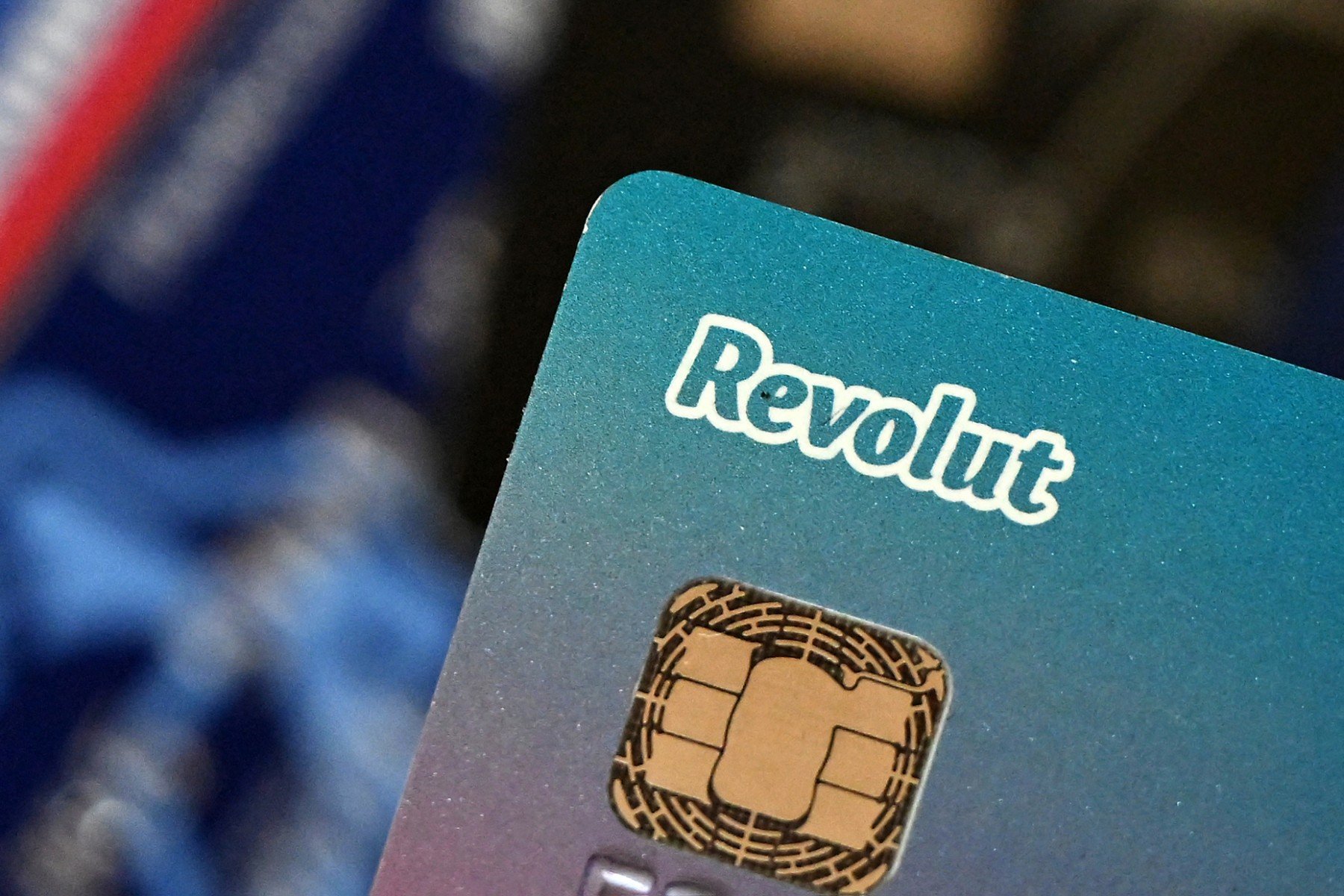Online applications opened on Monday November 8th for Italy’s much-anticipated bonus terme, or spa bonus, which promises up to €200 euros off the cost of spa treatments for every adult resident in the country.
But the launch “got off to a bad start” according to Italian consumer watchdog Codacons, as the booking website struggled to cope with the amount of requests made. The site was taken offline on Monday morning after just a few hours.
The platform’s operator Invitalia said in a statement that the site was suspended “for technical reasons, due to the high number of accesses registered since it began operation”.
The website was in fact intended for spa operators to claim the bonus on behalf of their customers – rather than for claims to be made directly by the public.
READ MORE: Italy’s spa bonus: How you can claim €200 towards a relaxing break
Anyone hoping to claim the spa bonus should book directly with one of the spa facilities listed on the Invitalia website. The spa will then apply for the discount via the website on behalf of the customer.
But widespread confusion about the booking process appears to have meant the website received more requests than it could handle, according to reports in Italian media.
Invitalia said spa facilities will be able to submit requests via the portal again from 12 noon on Tuesday.
The incentive, launched by the government in order to boost Italy’s leisure sector amid the economic downturn, covers up to 100 percent of any spa service up to a maximum of €200 per person.
Everyone who is legally resident in Italy and over the age of 18 is entitled to claim the bonus, regardless of income.
The government has allocated a total of €53 million to this scheme and the bonus will be available until this fund runs out.
This incentive is the latest among dozens of tax ‘bonuses’ and rebates made available by the government for purchasing anything from an electric car or new TV to a first home in Italy.
A list of participating spas can be found on both the Economic Development Ministry’s website and the booking agency site Invitalia.





 Please whitelist us to continue reading.
Please whitelist us to continue reading.
Member comments